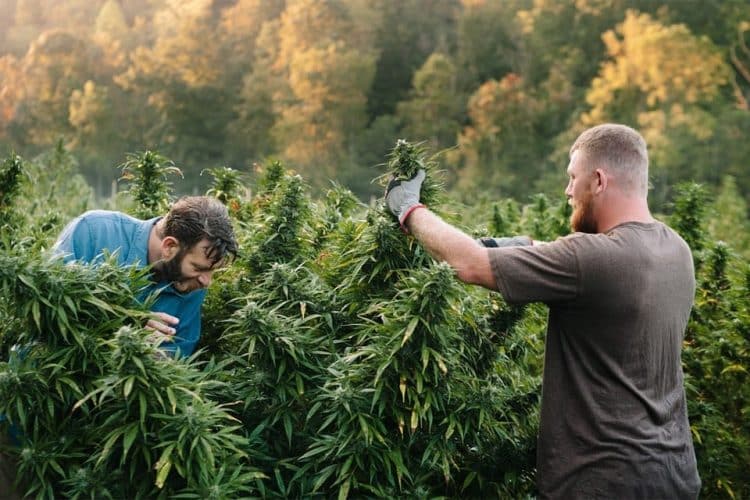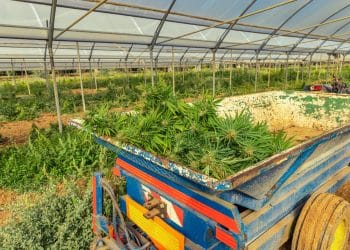Many cannabis companies conduct business as multi-state operators (MSOs), and own various products that are available in multiple state markets. In comparison to single state operators, MSOs have the advantage and the capabilities to face the change of market trends and acquiring brand notoriety at a national level. Even if MSO can’t bring cannabis and derived products across state borders, they can still share their know-how, equipment and workers within their subsidiaries over the country. MSOs cultivation facilities, extraction/processing plants and cannabis retail shops are distributed in some of the biggest cities across the states which have legalized cannabis for medical and recreational consumption. The standardized organizational structure of MSO companies allows an easier acquisition of state cannabis licences in comparison to local and smaller cannabis firms, even if large scale production of MSO doesn’t reach the quality and variety of high end craft products because of financial and economical decisions.
At the moment, more than half of American States have a limited-licencing cannabis program and this could largely hamper diversity and equity opportunities. The general rationale around limited-licencing is to prevent an excess of cannabis supply that could be redirected to the illicit market, but according to a report of the Minority Cannabis Business Association (MCBA), there is not evidence of increased crime where the number of retail shops increases. Moreover because of the limited number, the value of licences is incredibly high creating an heavy competition that only few can sustain. While MSOs point-out their inclination of an equitable industry, they tend often to acquire operations and gain share in a limited-licence environment. The absence of general directives in terms of cannabis quality control and the different standards from state to state to keep consumers safe, could constitute a hurdle for MSO corporations reliability, but also the strong point for small cannabis firms: as the cannabis industry continues to develop and the federal regulation changes, small cannabis single-state business should invest in increasing the quality, safety and reliability of their products for community of customers, in order to maintain the exclusivity and diversity, with a refinement that is precluded to a large scale manufacturing process. The quality should be the competitive edge to save small local cannabis realities from large MSOs. It is only matter of time to see whether a possible full legalization of cannabis at a federal level would be the solution for more social equity opportunities or just the perfect landscape to favor the larger corporations to take over the scene.
Image: https://pixabay.com/it/photos/cannabis-le-persone-raccolto-5657625/












